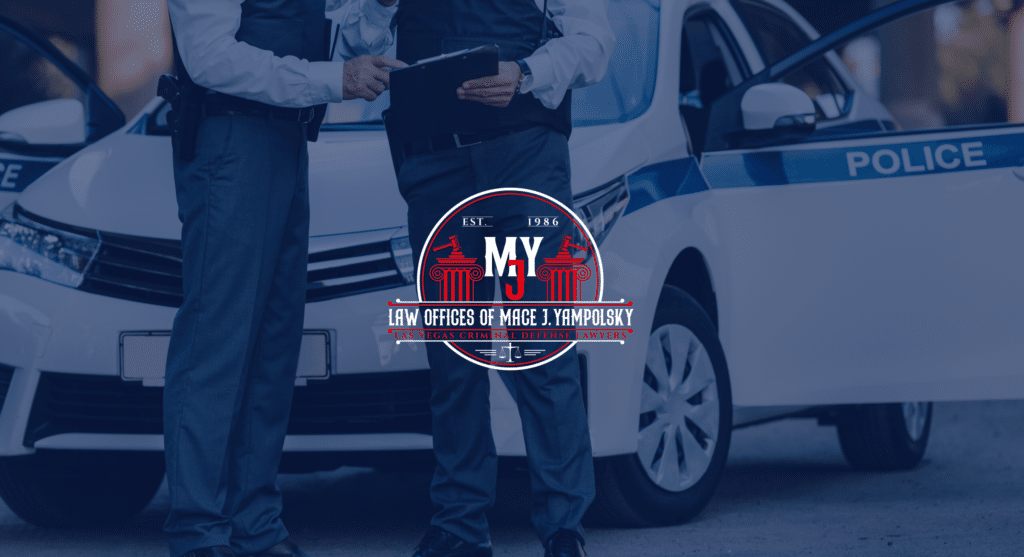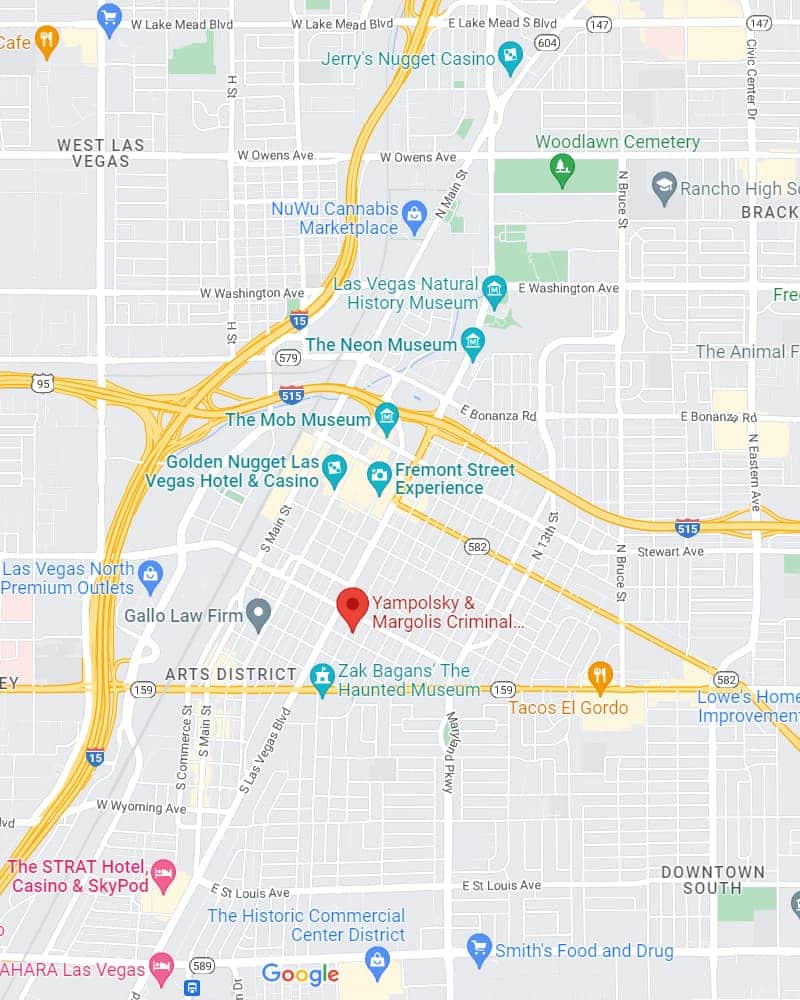A misdemeanor DUI case would typically take about a year to fully resolve from the time the person was pulled over. They would be pulled over and given a court date in a month or six weeks, depending on how busy the courts are. We would plead not guilty at the first court date and set the trial date out a couple of months.
Each defendant would have a right to go to trial within 15 days, and this would normally be invoked by people who are in custody, or sometimes for whatever reason the person may want to go to trial right away. I tell clients that I do not think this would be in their best interest for the most part. But this is the client’s decision.
Usually we will continue the trial a few times. (If they don’t try you, they can’t convict you!) Eventually we would either plead or go to trial. The time until the case is over usually takes longer for felony DUIs, such as a third time DUI or a DUI involving death or substantial bodily harm. Because instead of going to trial at the justice court level, it would be set for a preliminary hearing. The justice court does not have jurisdiction to hear felony trials.
Preliminary Hearing
The Preliminary hearing is the probable cause hearing in which the prosecution would need to establish whether there was probable cause to believe the person had committed this offense and have him bound over, to district court. This means have the case moved to the felony courts, because a third time DUI is a felony which means the penalties are at least 1 year in prison. The penalty for a third time DUI is one to six years in the Nevada State Prison and a $2,000 to $5,000 fine.
If the case moved up to the felony court, we would try and resolve it so it was not a DUI, and it would be some other charge such as reckless driving, leaving the scene of the accident or something else which does not carry mandatory prison time.
Serious Offenders Program
Another possibility would be the serious offender’s program which has very stringent requirements. Someone who entered a plea to a third time DUI and was accepted into the program, would be on house arrest for six months. They would have to do counseling to help overcome the alcohol addiction, and they would be on three years probation. It would be a very rigorous program. If they successfully complete the
program, the third time DUI would then be reduced to a second time DUI (a misdemeanor) and the person would receive credit for time served, meaning they would not need to do any additional jail time.
Advice For People Who Just Want To Plead Guilty
When clients want to just plead guilty to get the case over as soon as possible, I tell them that under the law it does not matter what they actually did, what matters is what the state could prove.
Let us suppose the client told me they were drunk, they went around the corner and hit a parking meter and then walked home. Because they were drunk, they felt they should just plead guilty. The police saw the vehicle and then either saw the client when he was at home or they saw him when he was walking across the side of the road. But they never saw him behind the wheel.
The question would be whether he was under the influence when he was behind the wheel, or whether he had been drinking at home, because they would just not know. If we ever have this defense then we need to plead it specifically, meaning we need to tell the prosecutor that we wanted to rely on drinking after he stopped driving as a defense.
The other scenario would be if the police saw him walking down the road and he was about a half mile, or a mile away. The police would not be able to prove when he was actually driving so they would not be able to prove beyond a reasonable doubt whether or not his blood alcohol level was over a 0.08 at the time he was driving.
Since he had had an accident, one could assume that he was under the influence of alcohol to any degree however slight, which made him incapable of driving safely. But could you prove it? We could defend that by saying that although he had had an accident, hundreds of thousands of people have accidents every single day even when they are stone cold sober. I actually handled a case just like that and it was a third time DUI. We were able to resolve it as felony reckless driving so there was no mandatory prison time.
Decreased Probable Cause Needed For The Prosecution If Someone Had A Previous DUI
The burden of proof is a term we only use at trial. A previous DUI might give the officer more reason for probable cause, although I think it should not make a difference. Each case would have to be evaluated on its own merit.
If it was a first time DUI and the officer did not have a reasonable suspicion to pull the driver over because he was weaving within a lane and it was not a traffic offense, then it would be the same thing if it was a potential second DUI. The penalties would be more severe and the prosecutors would not be as flexible when negotiating the case.






